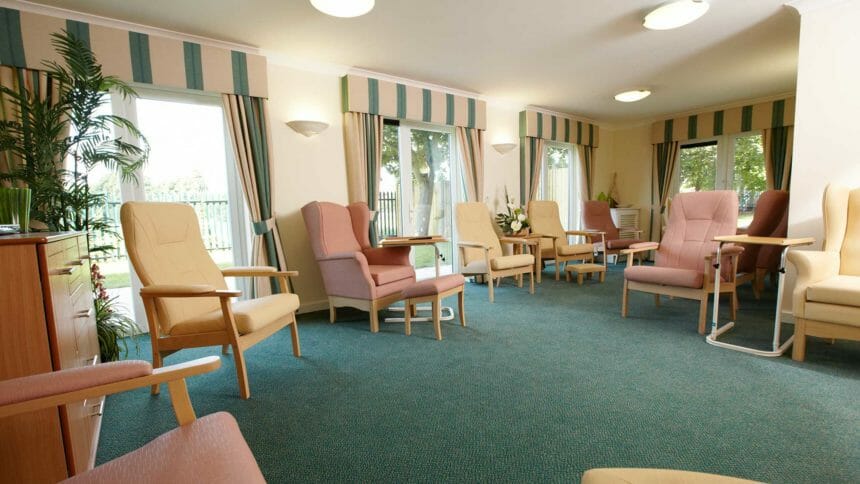
Real estate investment trusts with a large share of skilled nursing operators in their portfolios are likely to see occupancy rates recover more quickly than the more elongated recovery of senior living-focused REITs, thanks to the greater government support that SNFs have received amid the COVID-19 pandemic. That’s according to an analysis released last week by investment banking firm BMO Capital Markets.
The report noted, however, that lost market share to home health bears watching as hospital volumes normalize in 2021.
The skilled nursing industry has seen record drops in occupancy amid the pandemic, falling below 74% in late summer.
“A key question post-pandemic will be the pace and magnitude of SNF occupancy recovery as government support starts to fade given thin operating margins and rent coverage,” wrote Juan Sanabria, director at BMO Capital Markets. “We expect the government to remain supportive, but the recovery may be a delicate balance for weaker operators who were already struggling pre-pandemic.”
As with senior living, the firm expects to see further COVID-related occupancy deterioration through the first quarter. Sanabria also pointed to comments in November by Genesis HealthCare, the nation’s largest national SNF operator, about restructuring its obligations, as further concerns for the industry.
“We see George Hager’s retirement as CEO likely accelerating a restructuring,” Sanabria wrote. “We sense that REITs may have lost their patience with Genesis and may not provide the same level of support they did in 2018 when they cut rents and provided debt financing.”
He anticipates that many REITs now are more likely to sell or transition assets to new operators, which likely will cause modest levels of dilution.
“While we don’t necessarily see Genesis’ issues as symptomatic of the broader SNF industry, low margins and rent coverage could lead to further impairments and earnings reduction for REITs with exposure to SNFs,” Sanabria wrote.


